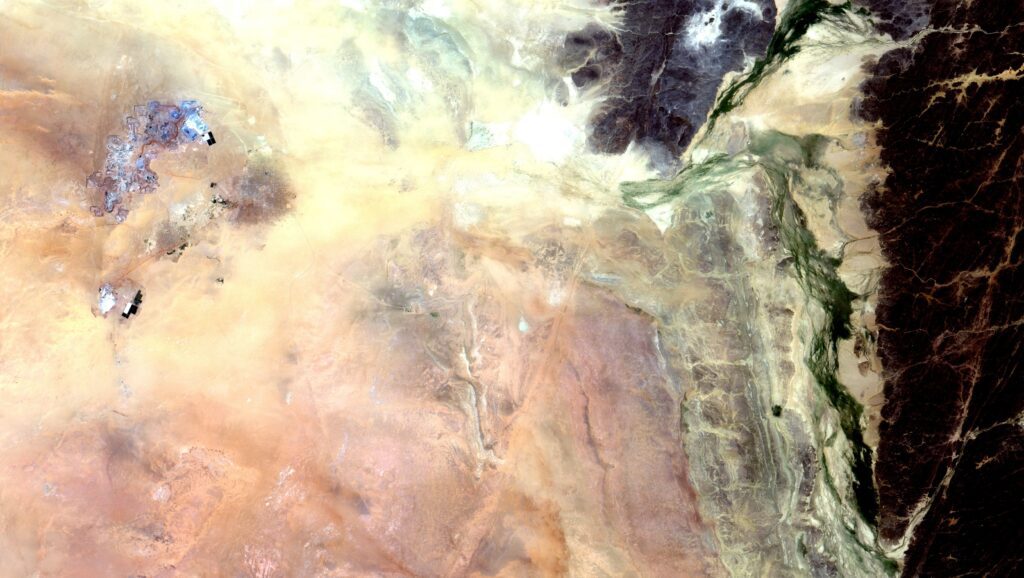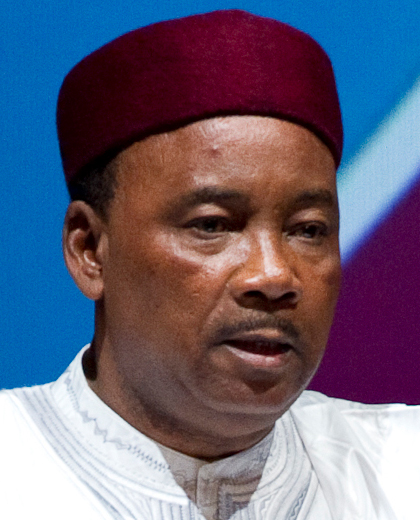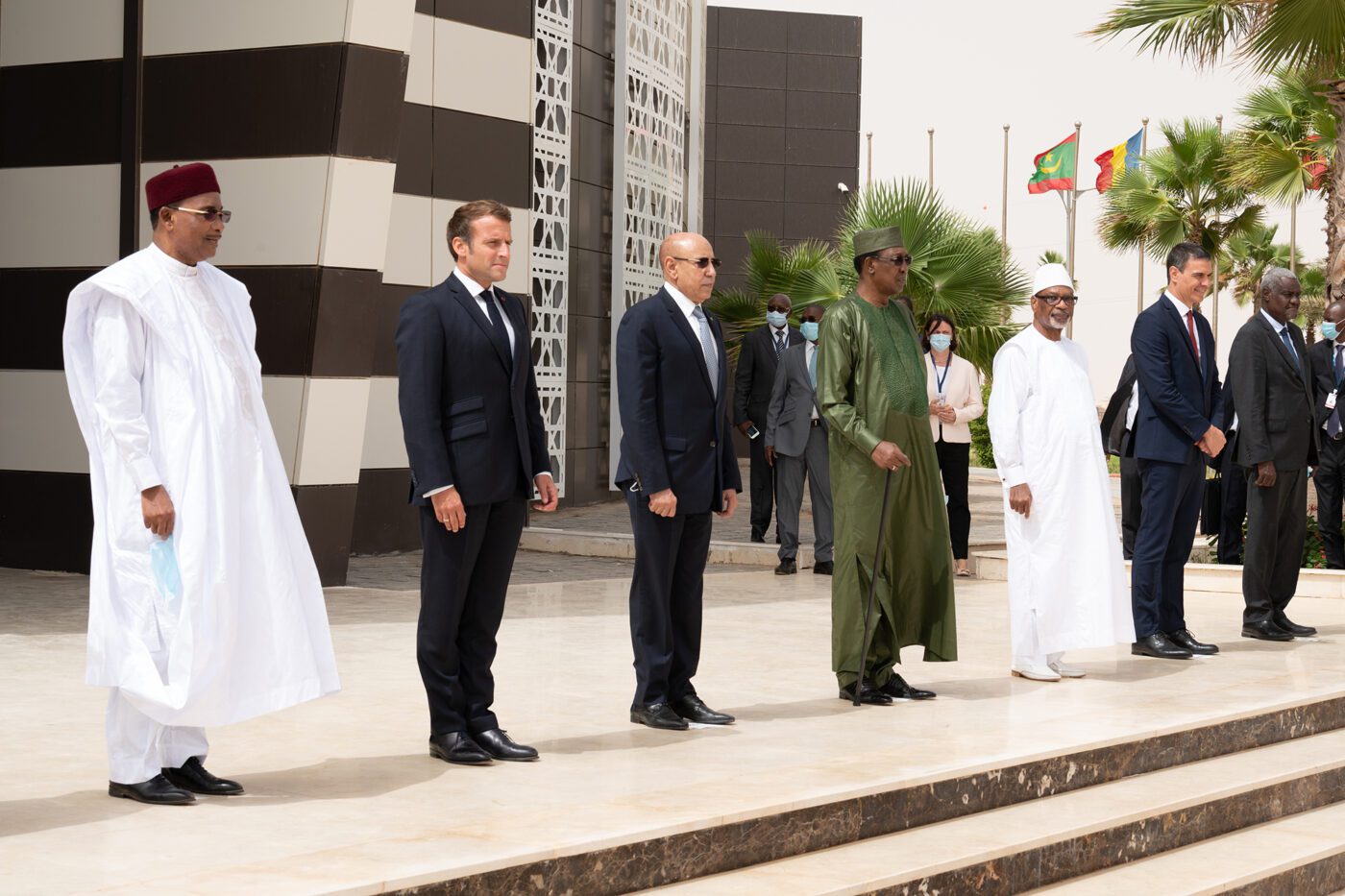Since the coup d’état on 26 July 2023, anti-French sentiment in Niger has remained high. Many demonstrations in support of the coup, and even an attack on the French embassy, have taken place since. During the demonstration in Niamey on July 30th, protesters shouted anti-French and pro-junta slogans such as “Down with France” and “Long live the Niger army”. The cause of these incidents? To denounce the presence of the former colonial power, its influence on corrupt political elites, and its control over the country’s natural resources. In other words, they were condemning “Francafrique”, the undisguised neo-colonialist approach by Paris towards its former colonies that have become independent. According to the Senegalese writer Boubacar Diop, it is simply “France’s refusal to decolonise“. In a way, it is the continuation of colonisation in other forms.
The military coup-d’état of Niamey, a symbol of the people’s resentment towards France
Protests in Niger took place on the 30th of July, the 3rd of August—the country’s independence day—and the 6th of August. The causes: the endemic corruption of the government elites and the lack of progress by the French army in the fight against armed jihadist groups affiliated with al-Qaeda or the Islamic State, the main reason Paris claims to be involved in Niger.
The anti-French resentment of Nigeriens is deep and General Tiani, the leader of the putschists, has used it to his advantage. During his nationwide televised speech on 2 August, he justified his coup-d’état by exploiting social anger and feeding anti-French sentiment. It “enabled him to create a very strong support base”, analyst J-H Jézéquel observed.
But then, how can we explain this sudden anger towards Paris from the people of Niger? This resentment can be understood as the inevitable consequence of an asymmetrical relationship between France and its former colony since its independence in 1960. The current situation seems to be just the tip of the iceberg.
We can therefore ask how the Françafrique era is not “over”, no matter what French President Emmanuel Macron has said. Or how—despite their embellished speeches promoting equitable cooperation—Paris and Niger’s governmental elites maintain close and secretive links. The answer to this question is simple: uranium.
Raphaël Granvaud, author of the book Areva en Afrique, is clear on this point: “The control of uranium is one of the reasons why France has maintained its economic, political and military domination over its former colonies following their independence”.
Uranium, a raw material central to France’s economic interests in Niger
No more than 8 years after Niger became independent in 1960, France secured privileged access to uranium through a series of agreements. In return, Niger’s leaders were guaranteed military security in a region subject to the threat of terrorism. This was accompanied by development aid and a form of protection against local political opposition.
As the world’s seventh-largest producer of uranium in 2022, Niger continues to be one of France’s privileged trading partners. Over the last ten years, natural uranium imported to France came mainly from three countries: Kazakhstan (27%), Niger (20%) and Uzbekistan (19%).
More specifically, the French multinational Orano (formerly Areva)—which is 90% owned by the French state and in charge of extracting uranium from Niger for France—has exported more than 130,000 tons of uranium since its establishment in the country over 50 years ago. That’s twice what the nuclear industry has extracted from French mines during the same period.


Are the accusations against France justified? Examples of corruption
Over decades, Orano has become a player with colossal political and economic influence in Niger, thanks to its networks of lobbies and influence with corrupt government elites. In its 2013 report on the reality of Orano’s mining contracts in Niger, the NGO Oxfam showed how the company earned tens of millions of euros by negotiating tax reductions. In 2014, the President at the time Mahamadou Issoufou signed a new agreement to lower taxes on mining activities and was indirectly offered a presidential jet by the company in return.
As history has demonstrated, any leader who wishes to part away from this unequal trade partnership with the former colonial power has found themselves deposed. In 1974, Hamani Diori—Niger’s head of state at the time—was the victim of a putsch approved by Paris, just after demanding an increase in the price of uranium. 36 years later, President Mamadou Tandja faced the same situation and was unsurprisingly replaced by Mahamadou Issoufou as the head of the country. The new president had the perfect CV to serve French interests: he was a former mining engineer who had studied in France and had even worked for Orano (ex-Areva).
The scandal of the Uraniumgate, the icing on the cake
Another shocking example is the Uraniumgate case revealed in 2017. This financial arrangement was orchestrated by Orano. It would have enabled the company to divert around $320 million in 2011 to hide bribes for the Niger elites. While a parliamentary investigation conducted the same year claimed that no evidence of wrongdoing by any politician was found, legal action is still ongoing. Opposition parties have also questioned the investigation, claiming that it was rushed and lacked integrity. The president at the time, Issoufou, is accused of having received no less than $3 million from this financial arrangement that Areva still considers a “simple commercial operation”.


A corrupt political caste serving French interests
It was these corrupt partnerships that the demonstrators denounced last summer. “In the eyes of the new generations, France is nothing more than the friend of elites who are just corrupt”, explains Djenabou Cisse— a researcher at the FSR (Foundation for Strategic Research) and a specialist in African issues. Meanwhile, in 2020, Macron hypocritically tweeted that Niger was an “example of democracy”, denying the corrupt links between the two states.
In an interview, the general secretary of Moden-Fa Lumana—Niger’s main opposition party—denounced the French neocolonialist behaviour. He stated that “a president who has stolen his people’s money for more than 10 years is considered legitimate by Paris simply because he defends French interests”. By this accusation, he was referring to Mohamed Bazoum, the president deposed by the coup d’état of July 26th.
These cases are just simple examples of this global system of government corruption. “Uranium mining has led to widespread corruption”, observes historian Gabrielle Hecht. She adds that “for decades, the money from uranium was mainly used to build villas in Niamey and for the personal profit of members of the government”. All that was built in front of the population, for whom the identity of the corrupt is no mystery. So perhaps it’s not surprising that the people of Niger have made France the main target of their anger. As Seidik Abba, the President of the International Centre for Study and Reflection of the Sahel, pointed out: “The feeling of rejection comes from far away and France’s recent behaviour has revived an impression of paternalism and colonial arrogance”. For the Nigeriens, France appears as a manipulating player motivated by its own neocolonial needs. Removing a corrupt president at the service of French interests and not of his own people is the reason why the military coup has been so popular.
What happens next?
From now on, the challenge for the new military authorities in power since July 26th’s coup d’état is to discontinue this dynamic of corruption, injustice and nepotism. Otherwise, they may suffer the same fate as their predecessors facing a population tired of French neo-colonialism.
By Gabriel Mazel
February 13, 2024
This article is an opinion piece and its contents represent the standpoint of its author and not UPF Lund or The Perspective’s editorial board.








